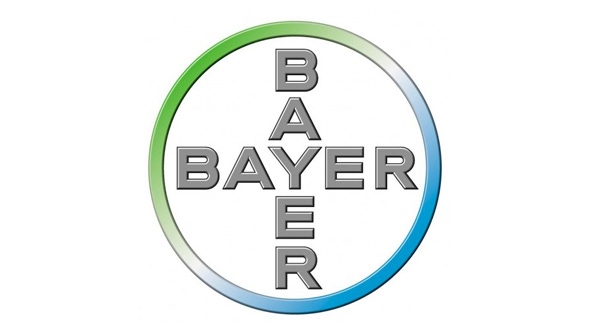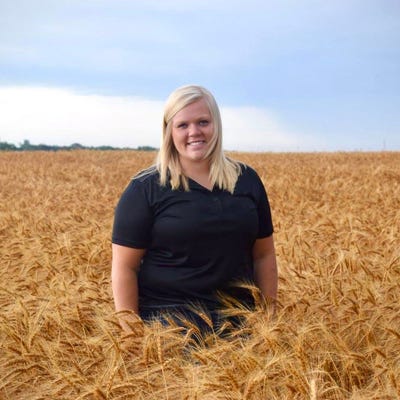Bayer leverages regenerative ag shift
Company sees potential to shape regenerative agriculture on more than 400 million acres.

Bayer’s Crop Science Division announced a plan to capitalize on opportunities presented by the shift to regenerative agriculture to grow its core business of seeds, traits, crop protection and digital while also expanding adjacent markets.
At its 2023 Innovation Summit, the company identified growth potential in segments like crop fertility, biologicals, biofuels, carbon farming, precision application services as well as digital platforms and marketplaces. By the middle of the next decade, Bayer envisions shaping regenerative agriculture on more than 400 million acres through its agriculture input solutions.
“We are envisioning an even broader role in agriculture,” says Rodrigo Santos, president of Bayer Crop Science and Bayer AG board member. “We define regenerative agriculture as increasing food production, farm incomes and resilience in a changing climate while renewing nature. Our portfolio will deliver future innovations with regenerative agriculture at the core, and we will explore new market opportunities to further allow farmers to combine productivity, profitability, and sustainability benefits.”
Regenerative agriculture solutions
Farmers can expect innovations that not only deliver yield improvements but can also regenerate soil and minimize the impact of farming on the climate and broader environment. On the farm of the future, field data and sequestered carbon dioxide will be just as important to the farmer as crop yields.
Bayer will focus its investment on solutions that deliver important pillars of regenerative agriculture. This includes improved productivity, social and economic wellbeing of farmers and communities, conservation of water, mitigation of climate change, improved soil health as well as preservation and restoration of biodiversity.
Research pipeline brings new technology
In 2022, Bayer refreshed its seed portfolio with 500 new hybrid and variety deployments and its crop protection portfolio with 10 new formulation launches and more than 250 new registrations. The company’s research and development pipeline includes several exciting and new technologies:
Designer seed and breeding technology: Bayer is advancing breeding technologies while also developing new tools to create designer seeds for growers. The precision breeding program helps to improve both yield and efficiency for farmers, using AI technology to develop the right seeds for the right conditions.
Transformative trait technologies: The company is expanding its expertise into new spaces, like the Preceon Smart Corn System, offering reduced plant height. This trait reduces the risk of losses from high wind and allows easier access into fields for farmers to apply crop protection products and fertilizer.
Sustainable small molecules: New approaches to crop protection are expected to shape the industry in the future. This includes the development of an entirely new herbicide mode-of-action for weed control for the first time in over three decades. This molecule has demonstrated effective control of key resistant grasses in research and is expected to be commercialized towards the end of this decade.
Bayer to expand ag-adjacent markets
In addition to expanding within the crop science space, Bayer plans to expand into new market opportunities, including:
Crop fertility and biological breakthroughs: Biologically based nitrogen-fixation technologies can help farmers grow more with less, reducing emissions and costs for farmers in crops like corn and wheat. The potential biodiversity and soil health benefits from reduced synthetic nitrogen use are significant, and the company’s early-stage technology holds great promise.
Biofuels: Cover crops help farmers protect their fields in a sustainable way, promoting soil health. CoverCress, in which Bayer is the majority share owner, will open additional revenue streams from the sale of the same-named cover crop to biofuel makers. Oil extracted from CoverCress is designed to achieve a lower carbon intensity score and can be made into renewable fuels without competing against food crops, due to being planted between seasons.Digital value chain: Advancements in precision agriculture and digital farming technology are helping farmers maximize the productivity and sustainability of their land and agricultural practices. Climate FieldView has become an essential decision tool with subscriptions on more than 220 million crop acres globally. Earlier this year, the company unveiled new cloud-based enterprise solutions: Bayer AgPowered Services, powered by the new Microsoft Azure Data Manager for Agriculture. The service allows companies across the farm and food value chains to bring greater transparency to consumers and deliver increased opportunity for farmers.
About the Author(s)
You May Also Like





